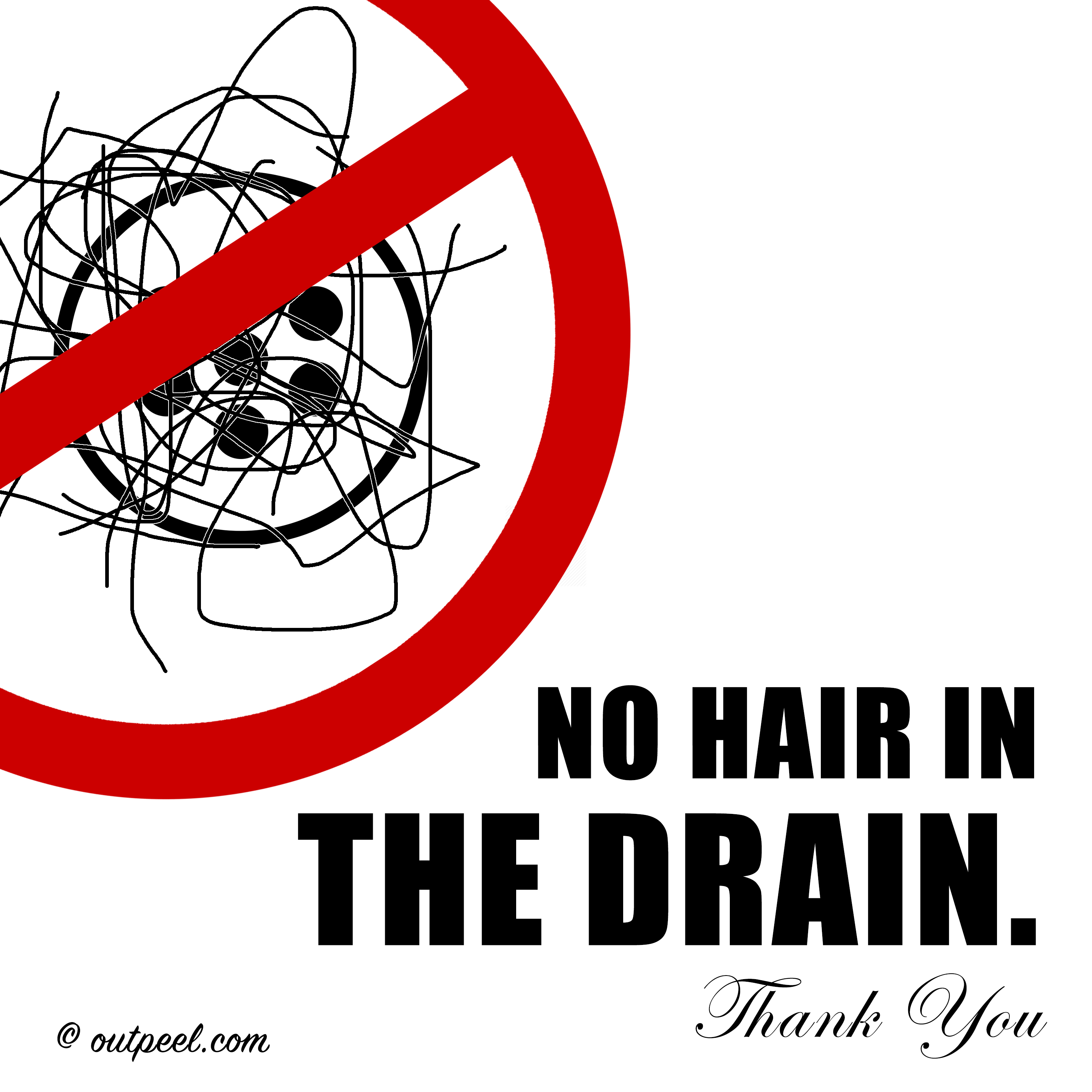Patience is a virtue and some people are proven to possess more than others. They can be easily identified as the ones who acquiesce to the flow of traffic, conceding to the fact that molasses is the speed at which they'll get to their destinations. Others opt to switch back-and-forth across lanes in search of the seemingly always elusive, fast-moving option. Regardless of how one chooses to spend this time or their perception of how it's spent, the following things are hardly debatable.
Lost Time in Traffic
The time lost due to traffic congestion can cause economic, social, and personal consequences. In addition to being the source of late arrivals to work, home or other engagements, the time wasted in traffic contributes to decreased productivity and reduced job satisfaction as you're left with less time to complete the tasks assigned to you.
Increased Stress
Amid the gridlock, interspersed around your vehicle is the best and worst of society. It's here you'll find everything from kind gestures, to complete disregards for the safety of others, and everything in between. The stress is undeniable as you weave in and out of lanes because the one you're not in is always moving with pace–until you're in it. Compounding this stress is the dissatisfaction of allowing your desperate, fellow motorist with their signal on, to enter in front of you. The thought of only prolonging your commute by a single car-length is enough to justify the kind gesture until the ungrateful driver fails to give you the wave. Even if a non-wave fails doesn't you, heavy traffic increases the chances of causing a fender-bender, getting rear-ended, or at minimum, reading someone's offensive bumper sticker.
All these factors contribute to greater risks including road rage which has proven to be deadly in several instances. All of this is caused by the stress felt by commuters sharing the road with other vehicles.
Relationships
Sitting in congestion can also affect personal relationships by eating into valuable time that could be spent with family and friends. Getting a jump on traffic early in the morning prevents someone from kissing loved ones goodbye, while the extended drive home stops others from sitting at the dinner table or enjoying a happy hour. The opportunity for a person to decompress, blow off steam, or just talk about their day is useful in preparing them for the following day.
Time is Money
If a commuter were to calculate the hours spent in traffic and compare it against their salary, they'd likely come to the conclusion that the house always wins, that is, the time wasted in traffic adds up and they're not being compensated for it. The extra time spent on the road also results in increased fuel costs and vehicle wear and tear, further compounding the economic impact of traffic congestion. Overall, the time lost from sitting in traffic can have significant and far-reaching consequences that go beyond just inconvenience.
Vehicle Wear and Tear
Sitting idle in traffic can damage your vehicle in several ways. First, the prolonged idling can cause overheating, which can lead to engine damage and reduced engine performance. The engine and transmission also work harder in stop-and-go traffic, leading to increased wear and tear on these critical components. The frequent shifting between gears in traffic can cause damage to the transmission, leading to costly repairs. Additionally, the prolonged exposure to the heat generated by the engine and exhaust system can cause damage to other parts of the car, including the battery, tires, and cooling system. The increased idling time also leads to increased fuel consumption, which can lead to reduced fuel efficiency and increased emissions. Finally, the constant braking and accelerating in traffic can cause premature wear on the brake pads, leading to the need for more frequent brake repairs. In summary, sitting idle in traffic can cause significant damage to your vehicle and increase the need for costly repairs.
Environmental Impact
The next time you're stuck idling in traffic, think about the environmental impact. The exhaust emitted from your vehicle contains carbon monoxide, nitrogen oxide, and particulate matter, which are among other health hazards that which can lead to respiratory problems, lung cancer, and heart disease. Additionally, the emissions contribute to climate change by releasing greenhouse gases into the atmosphere. Furthermore, sitting in traffic increases fuel consumption, which leads to higher carbon dioxide emissions and contributes to the depletion of non-renewable resources. The noise pollution generated by the vehicles also impacts the environment and can disturb nearby wildlife.
Summary
The unfortunate truth is that most people do not have a choice about whether to sit in traffic or not. Whether it's driving to and from work or transporting children to school, there exist a slew of necessary reasons to be on road, especially during the busiest of times. If you're in a position of authority and can alter others' need to drive, you can play a significant role in reducing the impact of commuting simply by understanding the damage it causes.




